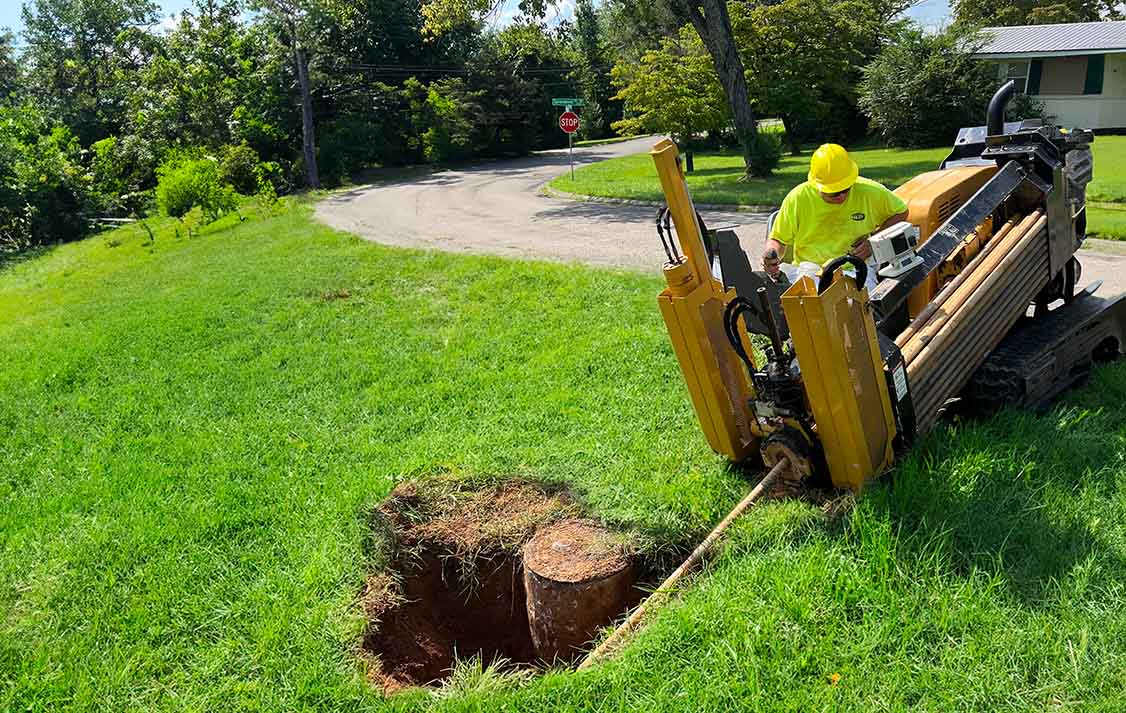

Major Pipe Ruptures
Your trusted partner for professional home services. Quality workmanship, guaranteed satisfaction.




- HEP
- Major Pipe Ruptures
Major Pipe Ruptures | Emergency Plumbing | Plumbing | Ten Mile
When a major pipe rupture turns your Ten Mile home or business into an unexpected water feature, HEP’s seasoned technicians roll out fast. Our local team is on-call day and night, arriving with fully stocked trucks, advanced leak-detection gear, and the know-how to stop the surge before it destroys drywall, flooring, and cherished belongings. We understand the stress a burst main can cause, so we prioritize clear communication, up-front pricing, and respectful cleanup that leaves your space as tidy as we found it.
From temporary pipe clamps that halt flooding in minutes to durable replacements rated for decades of service, every repair is backed by our workmanship guarantee—and a neighborly smile. Trust HEP for emergency plumbing that restores your water lines and your peace of mind, any hour, any day in Ten Mile.
FAQs
What should I do immediately after discovering a major pipe rupture in my Ten Mile home?
First, shut off your main water supply valve—usually located near the water meter or where the main line enters your house—to stop additional water from flowing. Next, turn off electricity to affected areas if water is near outlets, appliances, or your breaker panel. Move valuables and electronics away from the flooded zone, then call our 24/7 emergency line so we can dispatch a licensed technician right away. While you wait, open doors and windows to promote air circulation and, if safe, place buckets or towels to contain water and reduce damage.
How quickly can your emergency plumbing team reach my property in Ten Mile?
Because we operate local service vehicles stationed throughout Meigs and surrounding counties, our average arrival time within Ten Mile is 30–60 minutes after your call. In severe weather or high-demand periods, we keep additional plumbers on standby to minimize delays. When you contact us, our dispatcher will provide an exact ETA and text you real-time GPS tracking so you know precisely when help will arrive.
Will shutting off the main water supply stop all flooding from a burst pipe?
Turning off the main supply stops new water from entering your home’s plumbing, but residual water already in the lines will still drain out for a short period. Additionally, if the rupture is in a hot-water line, the water heater can continue feeding the break until its tank empties; turning off the water heater’s inlet valve (and gas or power) eliminates this risk. After the water is off, we’ll drain remaining water, isolate the damaged section, and perform prompt repairs to prevent secondary leaks.
Can you help with water damage mitigation and insurance documentation after a pipe rupture?
Absolutely. Once we contain the leak, our team can extract standing water, set up commercial-grade dehumidifiers, and apply antimicrobial treatments to discourage mold. We document everything—photos of the rupture, moisture readings, drying logs, and a detailed repair invoice—so you have the paperwork insurers require. If needed, we’ll speak directly with your adjuster to explain the cause of loss and the emergency measures we performed, helping you secure a smoother, faster claim.
Do you offer 24/7 emergency pipe repair services, including nights, weekends, and holidays?
Yes. Major pipe ruptures rarely happen during business hours, so our licensed plumbers are on call around the clock—365 days a year. Whether it’s 2 a.m. on a Tuesday or Christmas morning, we answer the phone live, dispatch immediately, bring all necessary parts and materials, and never charge hidden ‘after-hours’ fees. The goal is to restore your water service and prevent further structural damage as quickly and affordably as possible.
What are the common causes of major pipe ruptures in Ten Mile and how can I prevent them?
In our region, the primary culprits are: (1) Freezing temperatures that cause uninsulated pipes to expand and split; (2) High water pressure above 80 psi stressing joints; (3) Corrosion in older galvanized or copper lines; (4) Tree-root invasion of buried pipes; and (5) Physical damage from DIY renovations or shifting soil. Preventive steps include insulating exposed plumbing, installing a pressure-reducing valve, scheduling annual inspections, replacing aging pipe materials, and locating utility lines before digging or remodeling. We’re happy to perform a comprehensive plumbing health check to spot vulnerabilities before they become costly emergencies.